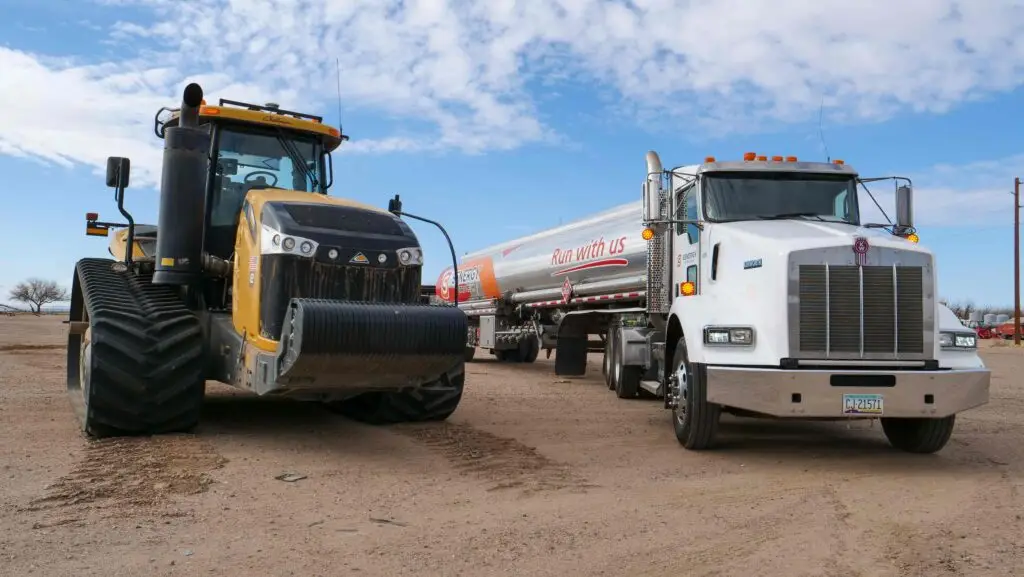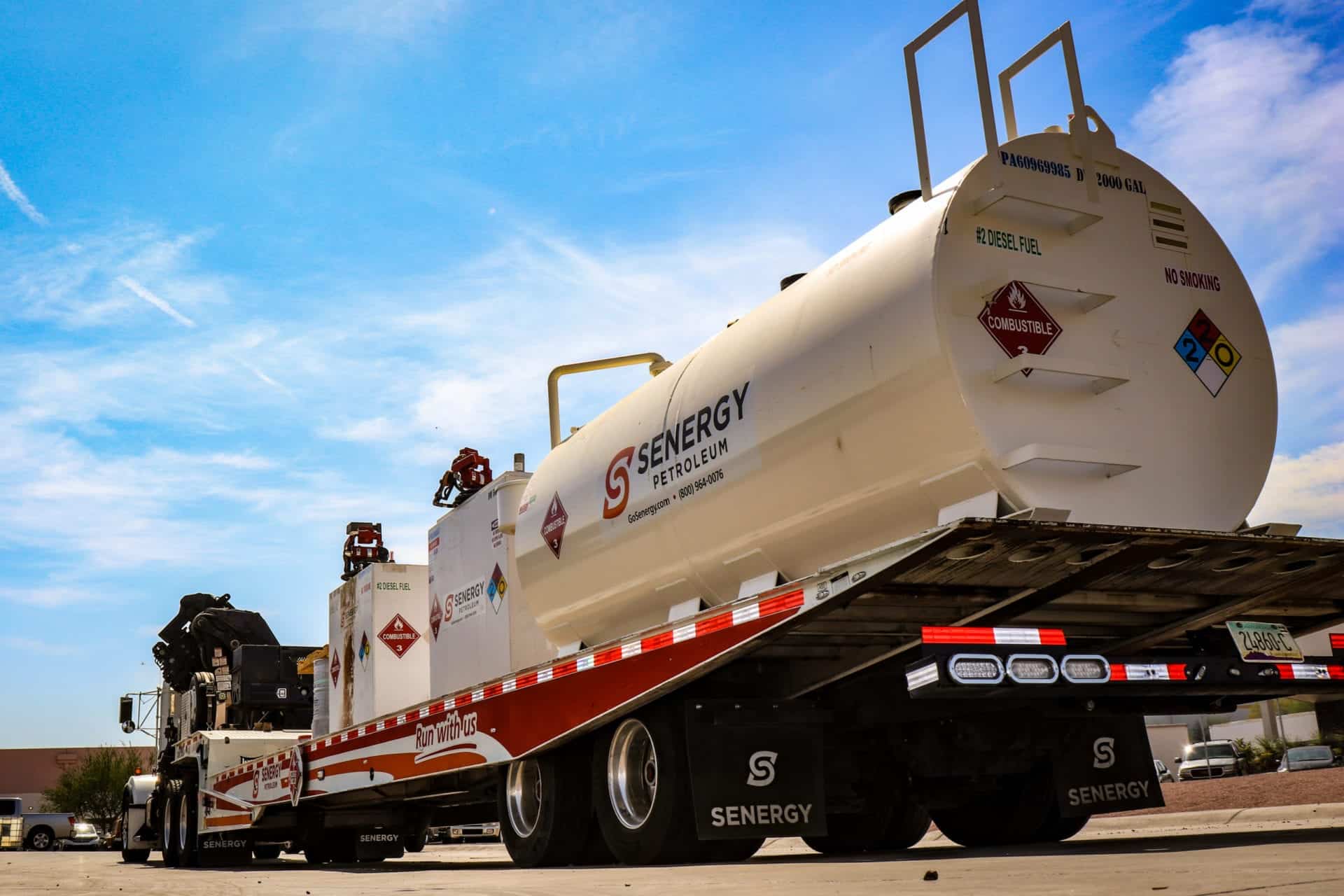Navigating Fuel Costs: Smart Strategies for Your Business
Fuel expenses have been a significant challenge for businesses across all industries. Whether your company operates a fleet of vehicles or relies on equipment in a manufacturing facility, fuel can be a major part of your operating costs. With diesel fuel prices fluctuating daily, managing fuel costs is more important than ever. Fortunately, businesses don’t have to passively accept rising fuel expenses. There are several strategies that can help reduce fuel costs, streamline operations, and improve your bottom line. Let’s explore some practical tips for managing fuel expenses effectively.

Understanding the Role of Fuel Costs in Business Operations
Fuel costs are often among the largest overhead expenses for businesses, especially those reliant on transportation or equipment. As such, fleet fuel savings are a critical area for cost-cutting.
For companies with delivery trucks, construction equipment, or tools, fuel can significantly impact profit margins. Due to the volatility of diesel fuel prices, it’s challenging to stick to a fixed budget, as fuel costs are influenced by factors outside a business’s control, such as global market dynamics and unforeseen events. For businesses with large fleets or high fuel consumption, these expenses can be particularly burdensome. Without a solid fuel cost control strategy, businesses are more likely to face unexpected budgetary pressures. It’s essential to understand how fuel prices affect your operations and to implement strategies to manage these risks, including preparing for price increases and focusing on fuel conservation to cushion the impact of sudden cost fluctuations.
Good Fuel Budgeting Practices
Fuel budgeting is a crucial aspect for any company that relies on fuel, especially those with high fuel consumption. A well-structured fuel budgeting plan allows companies to predict and control fuel costs, even in the face of price fluctuations. To create a fuel budget, businesses should start by analyzing past fuel consumption patterns and forecasting future needs. For companies with large fleets or regular fuel usage, understanding annual consumption trends helps in estimating fuel requirements more accurately.
For example, businesses with seasonal demand can anticipate peak fuel usage during specific times of the month. With this knowledge, companies can allocate resources effectively to meet fuel demands. Additionally, it’s important to build flexibility into the budget to account for unexpected price increases. Proper fuel budgeting isn’t just about cost estimates—it also involves regularly reviewing and adjusting the budget based on market conditions to ensure companies are financially prepared for any fuel-related challenges.

Technological Optimization for Fleet Fuel Savings
In today’s business age, technology is becoming the prime motivational driver of sustaining operational efficiency and highest saving fuels.
For fleets, telematics and GPS monitoring technologies can give them immediate feedback on driving behavior and fuel usage. Through these technologies, their driving behavior of hard braking, speeding, or idling excessively, all of which are more fuel-intensive, can be tracked by fleet managers. Companies can start training programs if they can detect and rectify such behavior. Aside from that, route planning software also assists corporations in finding the best routes, fuel and time saved. For instance, GPS units can avoid traffic and traffic jams, thus saving idle time. Telematics data also alerts corporations to maintenance faults that cause wasteful fuel consumption, for instance, faulty engines or flat tires.

The Advantage of Purchasing Fuel in Bulk for Cost Savings
For businesses that consume large amounts of fuel, purchasing fuel in bulk can be an effective way to reduce overall fuel costs. Bulk fuel purchases often come with lower prices per gallon, as suppliers offer discounts for larger transactions. This is especially beneficial when fuel prices are rising, as buying in bulk allows companies to lock in prices and avoid higher costs later. Companies can also negotiate better rates and more stable pricing by signing long-term contracts or building strong relationships with suppliers.
However, it’s essential to manage bulk fuel supplies properly to avoid wastage or unnecessary purchases. Using the right equipment, such as secure storage tanks and spill protection, is crucial for handling large quantities of fuel. Companies should also monitor fuel consumption to prevent over-buying or inefficient use. Proper fuel management through bulk purchasing helps companies secure better prices while maintaining efficiency and safety, ultimately saving money.
Vehicle and Fleet Operations Optimization for Fuel Conservation
Optimizing fleet and vehicle operations is one of the most effective ways to control fuel costs. Regular maintenance is a key component of this, as it ensures engines are running efficiently and consuming less fuel. Routine checks, such as monitoring tire pressure, replacing air filters, and tuning engines, help prevent fuel loss due to mechanical issues. Driving practices also play a significant role in fuel optimization. Drivers can be trained to adopt fuel-efficient driving habits, such as gradually increasing acceleration, avoiding sudden braking, and maintaining a steady speed. Fleet managers can use driver monitoring systems to track driving habits and identify areas for improvement.
Additionally, route optimization software can help determine the most efficient routes, reducing idle time and unnecessary detours. By implementing these strategies, fleets can significantly reduce fuel consumption while maintaining high productivity and performance.
Long-Term Fuel Cost Management
Effective fuel management requires a long-term strategy focused on reducing fuel consumption. Investing in alternative fuel sources, such as electric or hybrid vehicles, can result in lower long-term fuel and maintenance costs, even though the initial investment may be higher. Companies should regularly review fuel consumption data and evaluate efficiency to ensure they stay ahead of market trends. By continuously optimizing fuel management practices, businesses can reduce costs and improve their bottom line.



